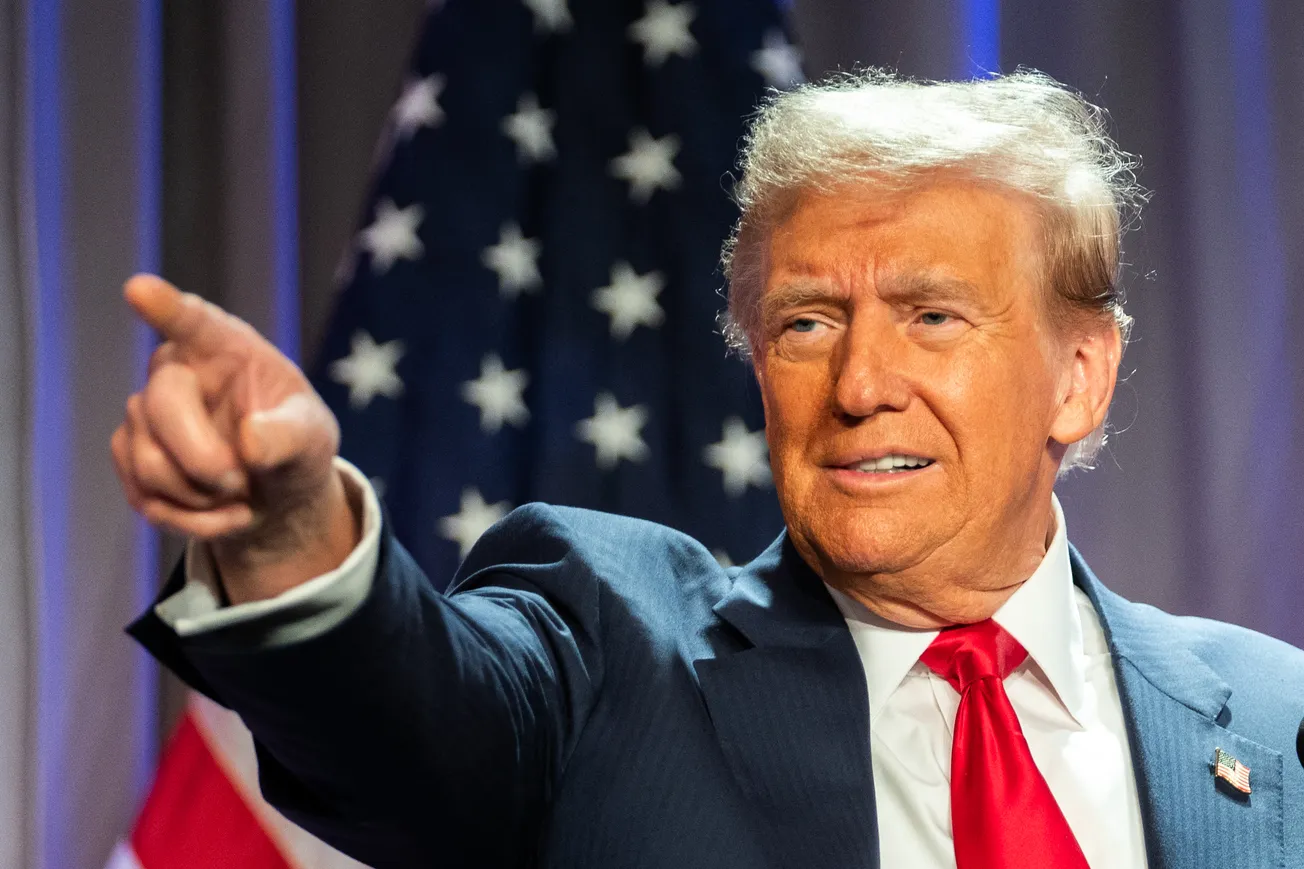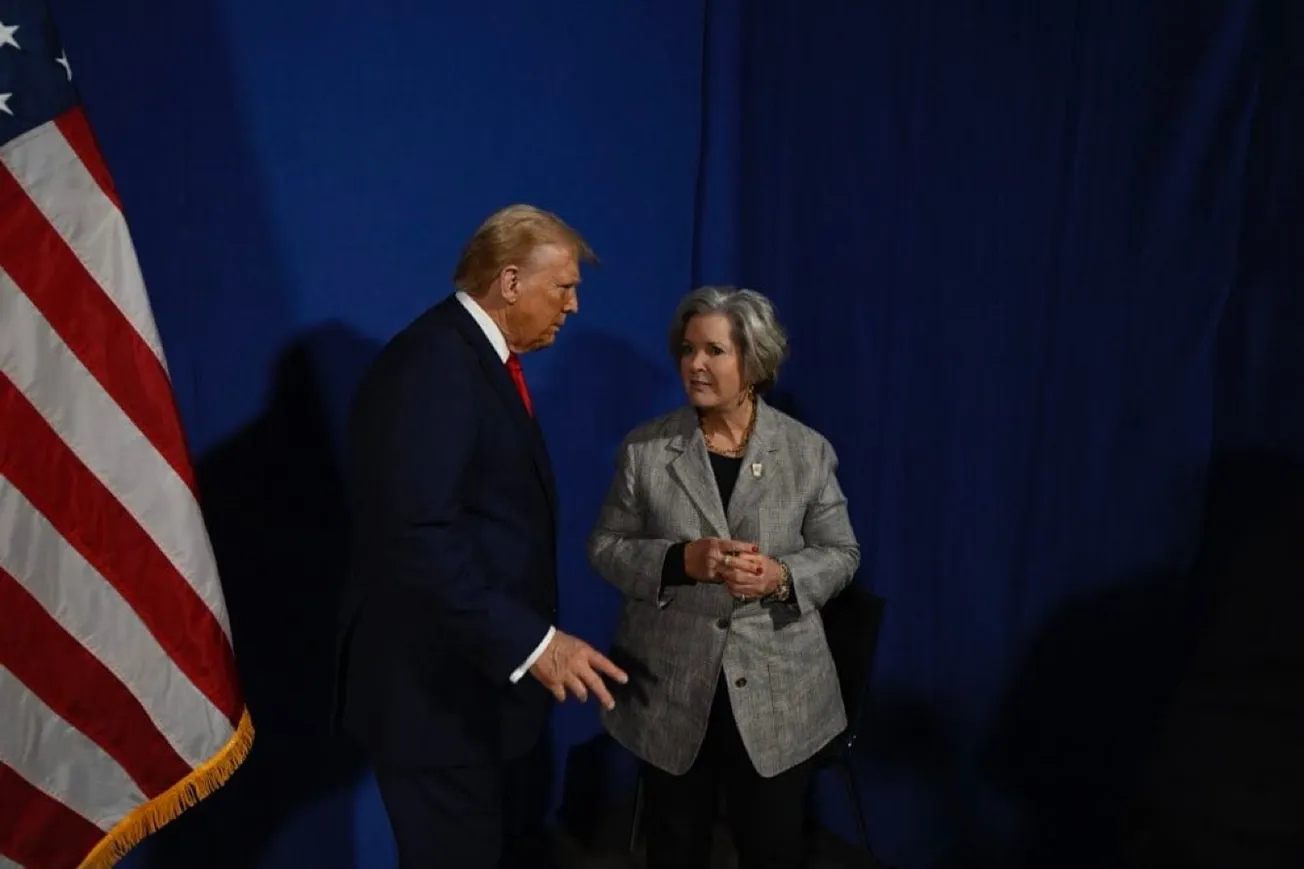Unnoticed in the melee of scores of Executive Orders that President Trump signed last week was one that sought to dramatically alter the management at the National Labor Relations Board. The order intends to reverse the federal government's attempts under the Biden administration to hamper employers and empower unions. Biden wanted to be known as a "pro-union" president, promoting the NLRB's role in protecting workers' rights to organize and bargain collectively. Under Biden, the NLRB became a tool for advancing woke labor policies—redefining "unfair labor practices" to favor unions, limiting employer speech rights, banning non-compete agreements, and forcing businesses to conform to progressive workplace mandates.
The NLRB is an independent federal agency that enforces U.S. labor laws related to collective bargaining and unfair labor practices. In FY 2023, the NLRB received an appropriation of $299.224 million - its first budget increase since 2014. For FY 2024, the NLRB requested a budget of $376.2 million, a 26% increase over the previous year, primarily to pay its growing staff of more than 1,200.
Biden's promotion of the NLRB as a powerful agency is another example of misplaced priorities that were a hallmark of his administration. It was the classic Biden vision at work—using the levers of federal power to help himself and the Democratic Left. Organized labor organizations are massive donors to Democrats during political campaigns, and their members engage in door-to-door advocacy for Left-Wing candidates during the elections.
Biden's moves to attack employers through aggressive NLRB policing seemed misplaced. With union employment in America steadily declining, his administration sought to reverse the trend by strengthening labor regulations and expanding union power. The country is no longer a manufacturing behemoth, having ceded that space to China, Korea, and other Asian countries. The primary sectors that have union workers are the service industries. According to the Economic Policy Institute, 35.7% of public-sector workers were covered by a union contract in 2024 (down from 36.0% in 2023), compared with 6.7% of private-sector workers (down from 6.9%).
The NLRB's core mission includes protecting workers' rights by ensuring that employees can organize, form, join, or assist labor unions and engage in collective bargaining without employer interference. The NLRB also has the power to investigate and remedy unfair labor practices committed by employers. However, its primary power comes from conducting secret ballot elections to determine whether employees wish to be represented by a union - and interpreting those union results.
On January 28, President Trump fired Jennifer Abruzzo, the union-friendly General Counsel of the NLRB, appointed by Biden. In May 2023, Abruzzo had issued a memorandum asserting that overbroad non-compete agreements could deter employees from accepting employment with competitors to obtain improved terms or working conditions. She advised that except in specific circumstances where legitimate business interests are at stake, non-compete agreements should be considered unlawful.
The non-compete ruling was a significant blow to the American tech and professional services industries, which dominate the world. Legal challenges increased as employees and unions tested the NLRB's new position, leading to more litigation and potential financial penalties. Many businesses had to reassess and revise their existing non-compete and non-solicitation agreements to ensure compliance with the NLRB's guidance.
Employers in industries that rely on skilled labor and trade secrets struggled as workers could move to competitors more freely without restrictive agreements, taking their former employers' intellectual property to their new bosses. Business groups, such as the U.S. Chamber of Commerce, criticized the NLRB's decision, arguing that it disrupts established business practices and could harm smaller firms that rely on non-competes to protect their business models. But Abruzzo was unmoved and let her opinion stand.
Abruzzo also supported the NLRB's legal opinion in the Cemex Decision (2023), which fundamentally reshaped U.S. labor law, strengthening union rights and giving the NLRB more power to penalize anti-union activities.
The case involved Cemex Construction Materials Pacific, a multinational building materials company. In 2019, workers at a Cemex facility in California attempted to unionize with the Teamsters Union. The union petitioned for an election, but Cemex allegedly engaged in unlawful tactics to deter support, including threats, surveillance, and coercion.
The NLRB found that Cemex committed at least 20 unfair labor practices, making it impossible for workers to have a fair election. The NLRB ruled against Cemex, establishing a new standard that made it easier for unions to gain recognition and more complicated for employers to interfere.
If an employer commits unfair labor practices during the election process, the NLRB may automatically require the employer to recognize the union—without holding a new vote. The decision overturned the 1971 "Linden Lumber" standard, which allowed employers to refuse voluntary recognition and insist on an election.
Trump also fired NLRB member Gwynne Wilcox, a Democrat appointed by President Biden and involved in every far-reaching NLRB decision intended to change U.S. labor laws dramatically. Her removal has left the Board with only two members; the NLRB has been technically rendered non-functional until at least one other Board member is appointed, perhaps a deliberate strategy on Trump's part to limit the Board’s powers.
Trump's decision about Wilcox is likely to be legally challenged. Under the rules governing independent agencies, a President cannot fire an NLRB board member at will. NLRB board members serve staggered five-year terms, ensuring independence from political influence. Unlike Cabinet officials, NLRB board members can only be removed for cause (e.g., misconduct, neglect of duty, or malfeasance) as at other independent agencies like the Federal Trade Commission (FTC).
The Trump team's task is enormous. Not only must it focus on its voter-backed priorities, but it also faces the challenge of cleaning up the mess left behind by Biden-Harris across the federal government.








